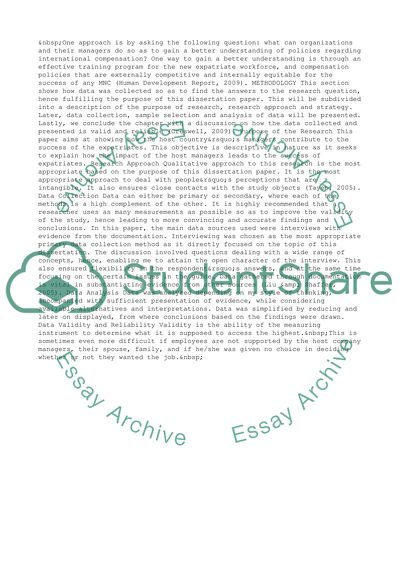Cite this document
(“The Impact of Host Country National Managers Contribution to Success Dissertation”, n.d.)
The Impact of Host Country National Managers Contribution to Success Dissertation. Retrieved from https://studentshare.org/business/1400483-the-impact-of-host-country-national-managers
The Impact of Host Country National Managers Contribution to Success Dissertation. Retrieved from https://studentshare.org/business/1400483-the-impact-of-host-country-national-managers
(The Impact of Host Country National Managers Contribution to Success Dissertation)
The Impact of Host Country National Managers Contribution to Success Dissertation. https://studentshare.org/business/1400483-the-impact-of-host-country-national-managers.
The Impact of Host Country National Managers Contribution to Success Dissertation. https://studentshare.org/business/1400483-the-impact-of-host-country-national-managers.
“The Impact of Host Country National Managers Contribution to Success Dissertation”, n.d. https://studentshare.org/business/1400483-the-impact-of-host-country-national-managers.


